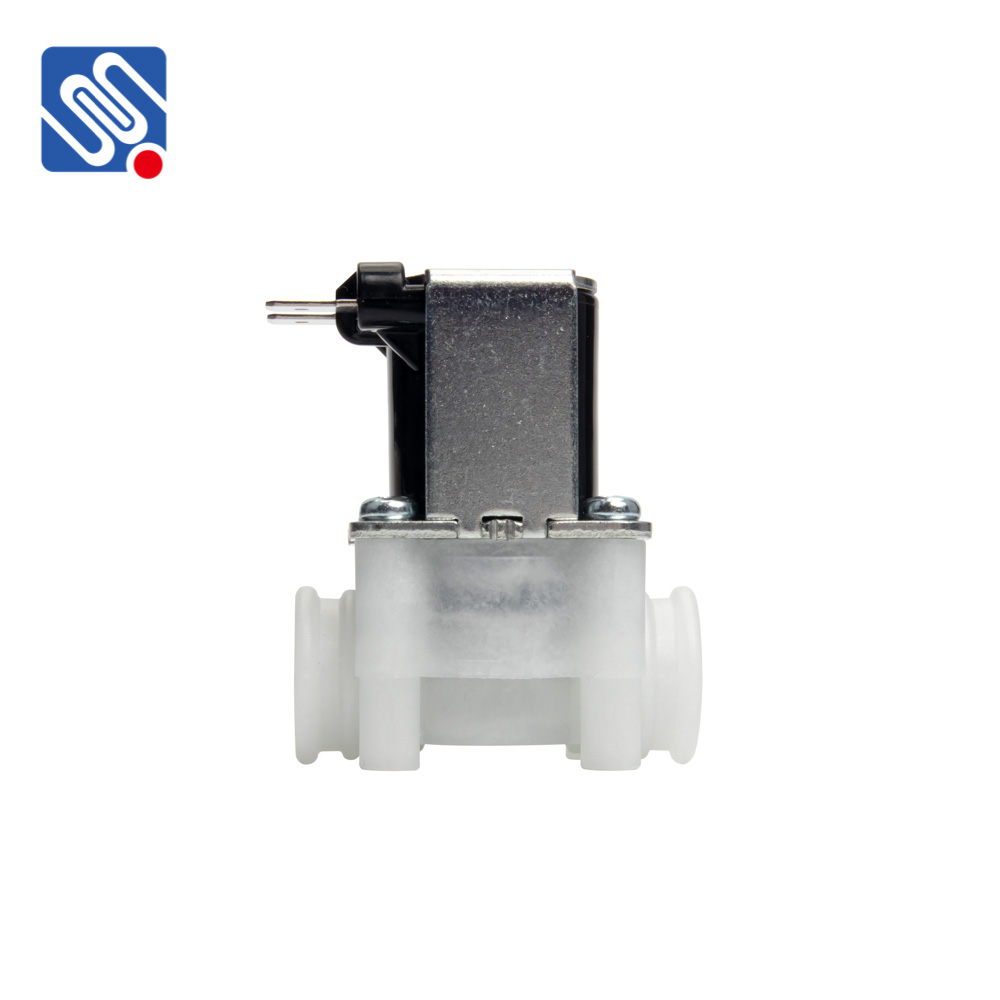PVC (Polyvinyl Chloride) solenoid valves are essential components used in various fluid control systems, renowned for their durability, corrosion resistance, and efficient performance. These valves use an electromagnetic mechanism to control the flow of fluids in a pipeline, making them ideal for both industrial and residential applications. This article will delve into the functionality, benefits, and common applications of PVC solenoid valves, as well as their role in optimizing fluid management processes.

What is a PVC Solenoid Valve? A PVC solenoid valve is an electrically operated valve made from polyvinyl chloride (PVC), a widely used thermoplastic polymer. The valve uses an electromagnetic coil (solenoid) to control the valve’s opening and closing actions. When an electric current passes through the solenoid, it generates a magnetic field that moves a plunger or piston, which in turn controls the flow of fluid through the valve. Solenoid valves are categorized as either normally open (NO) or normally closed (NC), meaning the valve either remains open or closed until the solenoid is energized. In the case of PVC solenoid valves, these are often used in applications where the fluid being transported is non-viscous, such as water, chemicals, and gases.